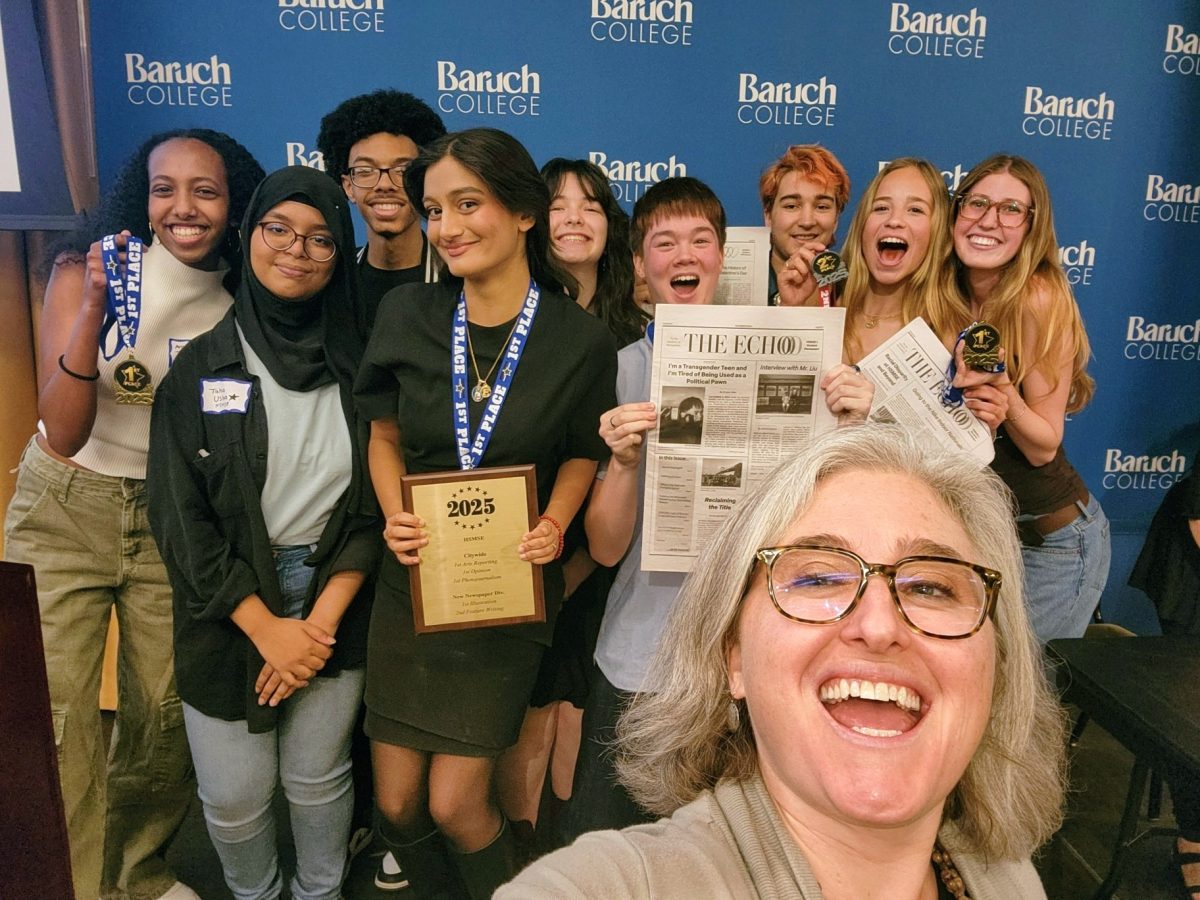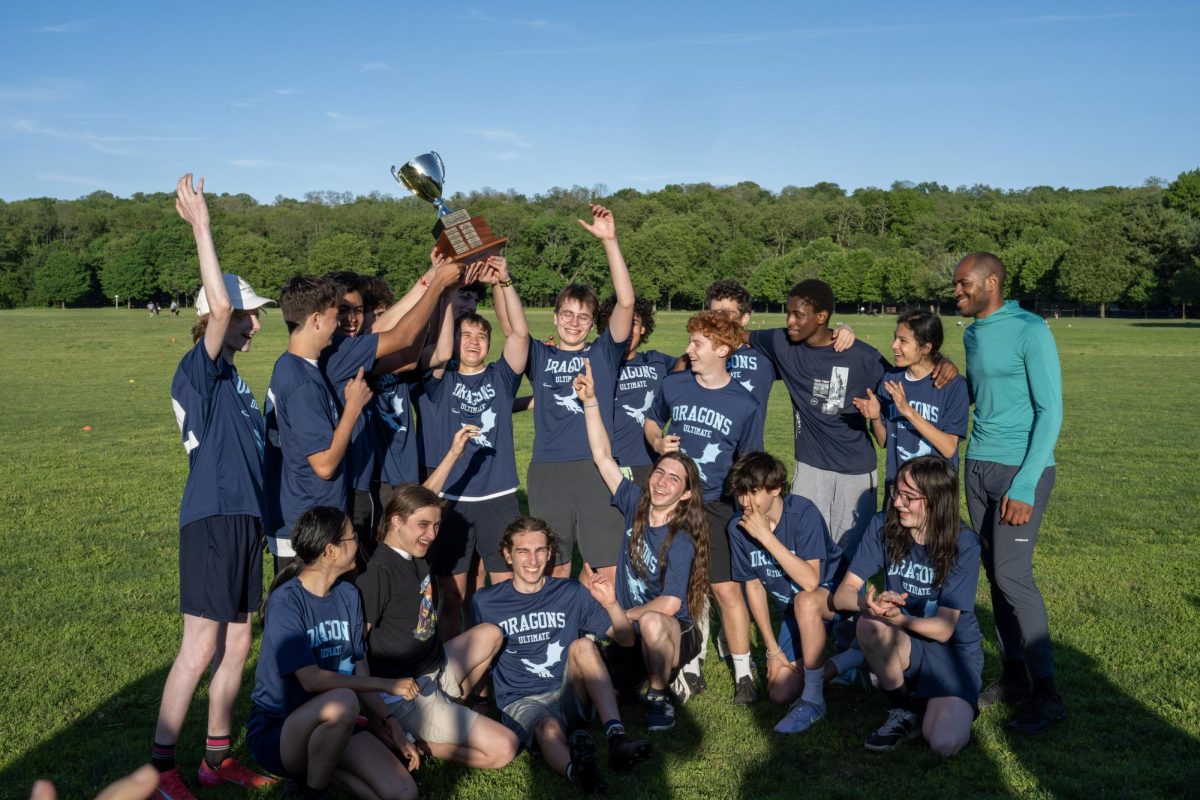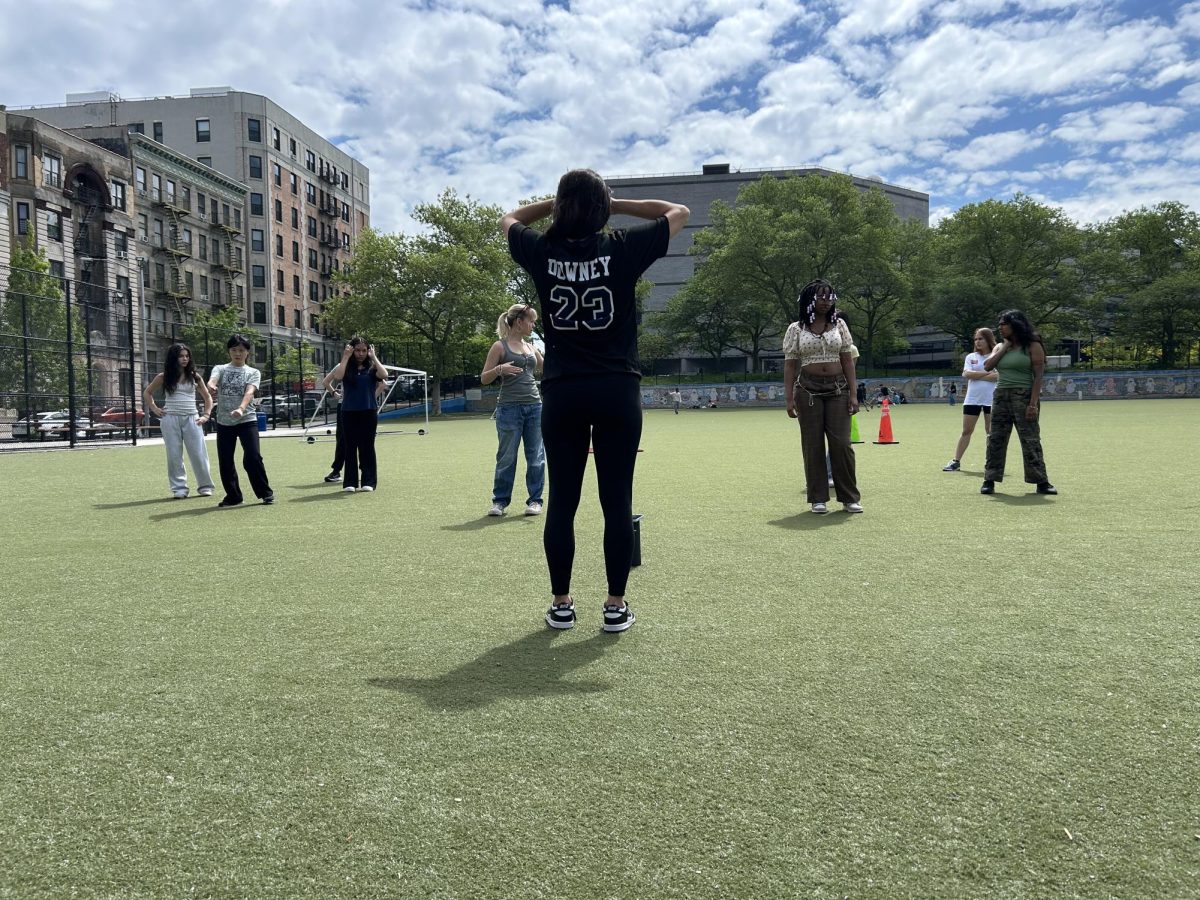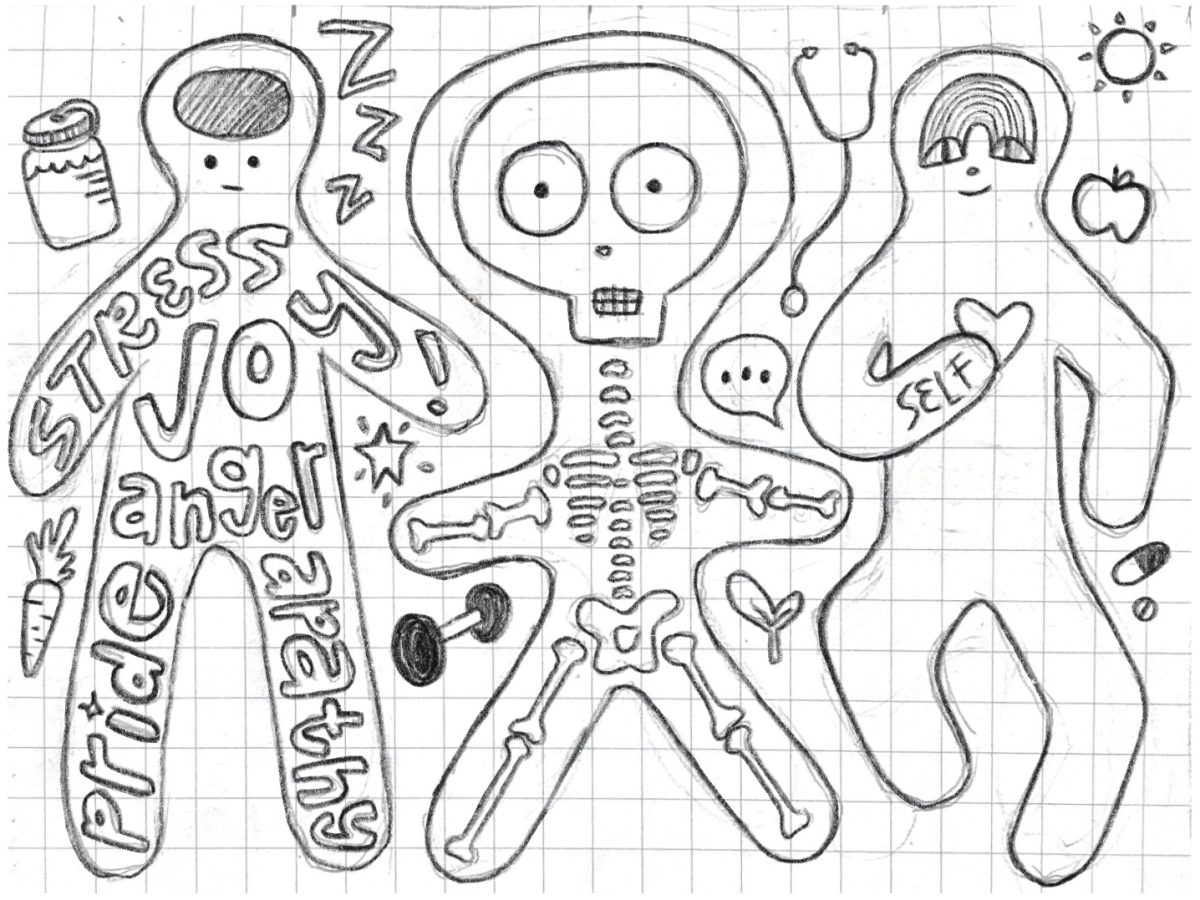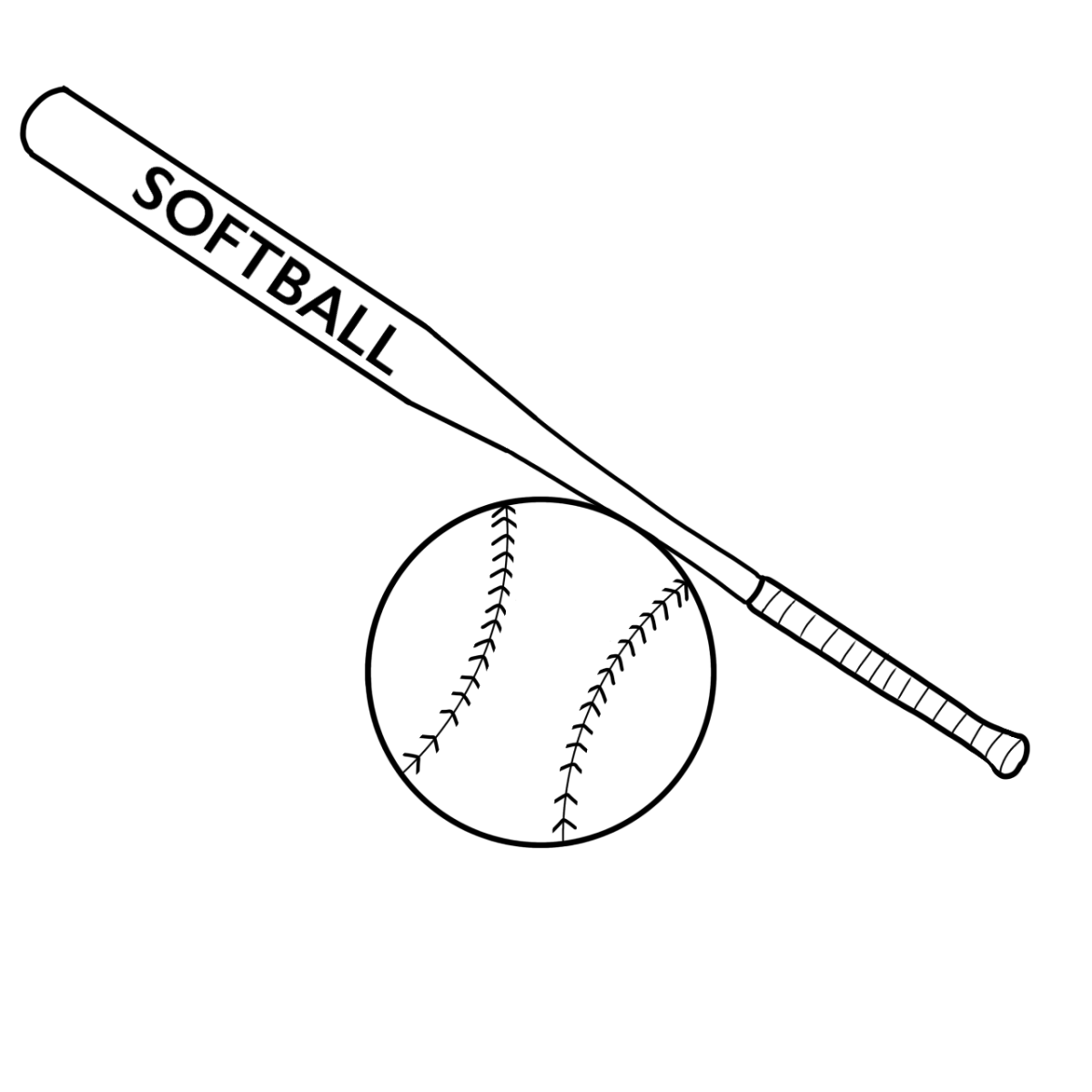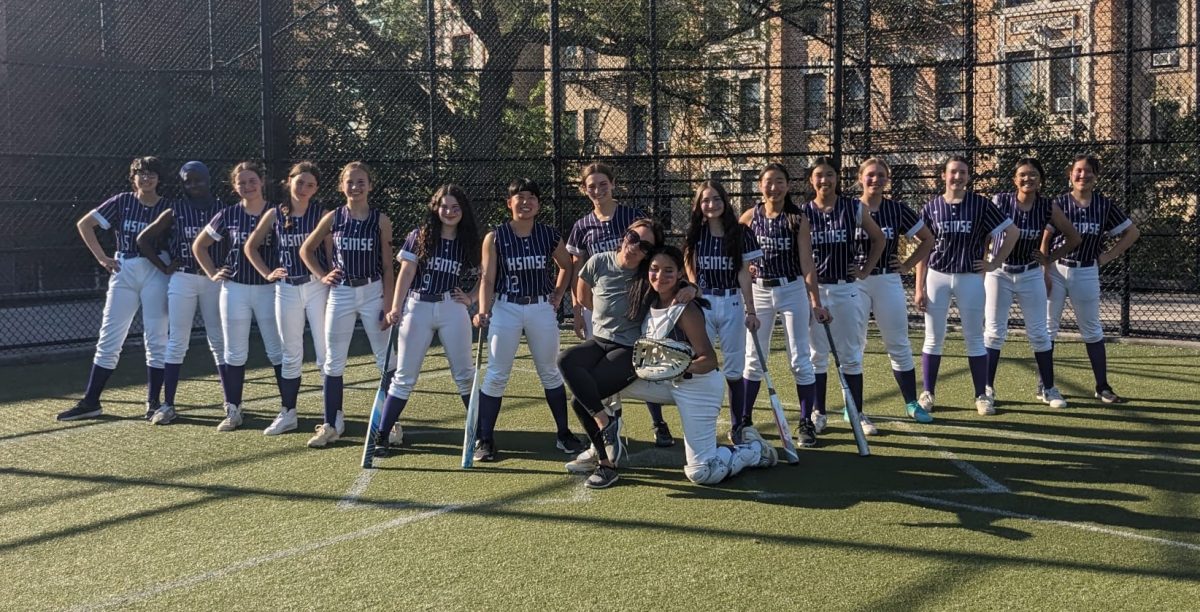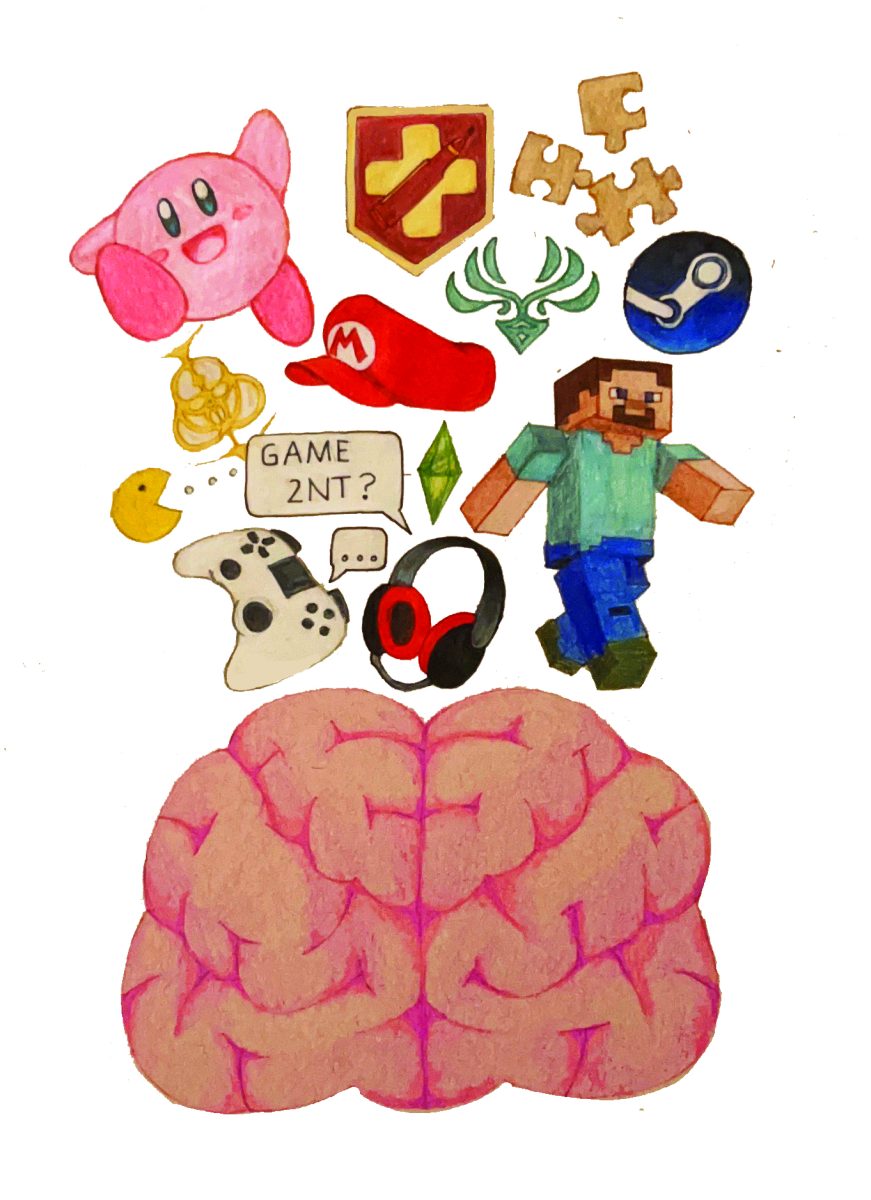There really is nothing like relaxing after a busy day and playing some video games. While some may spend their time studying or playing sports, the gamer enjoys the delight of immersing themselves in an alternative world, all from the comfort of their own home. Playing video games is a versatile experience: it can be enriching and story-driven, like a book, or it can be as exhilarating as a physical sport, requiring incredible concentration and commitment. However, there is a stigma surrounding gaming as a hobby as “useless.” But gaming actually provides students many benefits which they may not even think about in their daily lives, including their performance in school.
Teamwork, critical thinking skills, and hand-eye coordination are a few prime examples of how gaming can positively impact a student’s life. Many popular multiplayer games are highly competitive, which encourages people to collaborate and communicate in order to achieve a common goal. In addition, many video games require critical thinking skills in order to strategize how to solve a problem or get around an obstacle, and a lot of games have full blown puzzles with intricate steps and solutions, some even requiring complex and lengthy guides. Therefore, students who play these types of video games may be more accustomed to solving abstract problems, which can greatly improve their ability to solve problems in school. On top of that, hand-eye coordination, a skill that people usually associate with physical sports, can be gained through video games. Indeed, playing video games can make you better at a sport and vice versa because a lot of them, specifically first-person shooters, are based around having the fastest reflexes and most accurate movement of the hands.
Video games provide a near infinite supply of fun, and a near infinite supply of stories. Good video games are special and unique experiences that can greatly change a person’s life just as a book can, so are they really as useless as people seem to think? Many video games have rich stories and lores that are just as good as conventional books. Elden Ring (which won Game of the Year 2022) comes to mind, especially because George R. R. Martin, the writer of the Game of Thrones novels, contributed to making the world that serves as its foreground. And this is just one example that serves to show that video games can be works of art, just like literature, movies, and shows, but with the added benefit of being engaging to play and interact with because you are put into the driver’s seat (sometimes literally). At the end of the day, video games can be viewed either as an interactive book – something that is played to thoroughly enjoy the narrative and characters – or even a competitive sport, where you’re trying your best to win and become better by learning and mastering a specific set of skills.
When it comes to the HSMSE community, almost one-fifth of the student population consider themselves gamers (79 total respondents), 36.7% of whom play video games often and 30.4% of whom play everyday. Something very interesting about the survey data is that 40.5% of gamers report having straight A grades, and 45.6% report grades ranging in the As-Bs range. Although this could just be an example of grade inflation, it still demonstrates that gaming doesn’t have a noticeable negative effect, as parents and teachers often claim. In addition, more than two thirds of gamers at MSE have a healthy sleep schedule, contrary to popular belief. And in terms of what these students play, it can widely vary. For example, roughly half play RPGs, and/or FPS, whereas the other half prefer all kinds of other genres from rhythm games to simulation games. Gamers at MSE tend to prefer playing mostly after school and on weekends, with almost two thirds of them playing with their PCs. More importantly, more than half of the students play both alone and with friends, with two thirds playing with real life friends. After seeing this data, it is clear to see that video games aren’t fostering a population of anti-social kids, as people seem to think, but that it instead serves as a means of communication much like social media.
Video games can be a powerful tool for students, if used in moderation, to assist students both in school and out of school. Not only do video games provide various mechanical and soft skills, they also serve as a great catalyst for storytelling. In fact, some games even allow students to relive historical events, which can expand their interest in these topics. At the same time, more research is needed in order to really see how video games affect students throughout their lives. With the proper research and utilization of video games in the field of education, students could potentially become better learners, doers, and thinkers.








